We all hope for an on-time departure, but for many travelers, a flight delay is unfortunately a common occurrence. According to the U.S. Department of Transportation’s Bureau of Transportation Statistics (BTS), just 75.3% of all flights operated by the 14 biggest U.S. airlines in May 2025 arrived at their destinations on time. Therefore, it’s likely that, if you fly a lot, at some point you’ll find yourself cooling your heels in the airport terminal when you expected to be in the air. If that’s the case, you may be wondering if you’re due some form of compensation. So, when do airlines pay you if your flight is delayed? Find out below.
What Causes Flight Delays?
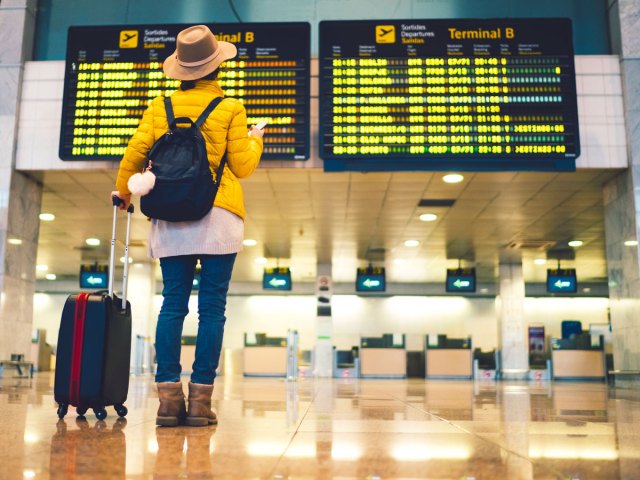
With so many factors influencing an on-time departure, flight delays are often unavoidable. According to the BTS, the biggest causes of tardy arrivals in general were knock-on delays caused by late arriving inbound aircraft, national aviation system delays (including the impact of heavy traffic volumes), and circumstances within the airline’s control, such as technical or crew-related issues.
The U.S. Department of Transportation (DOT) says travelers should understand that sometimes delays are unpredictable, and passengers should be aware of “creeping delays” — when a flight’s departure time is pushed back again and again. For example, a maintenance issue that was initially believed to be easily fixable might not be as straightforward once the maintenance team takes a look. In such instances, it pays to know your rights and act decisively to ensure you remain ahead of the pack if rebooking becomes necessary.
When Can You Expect Compensation?
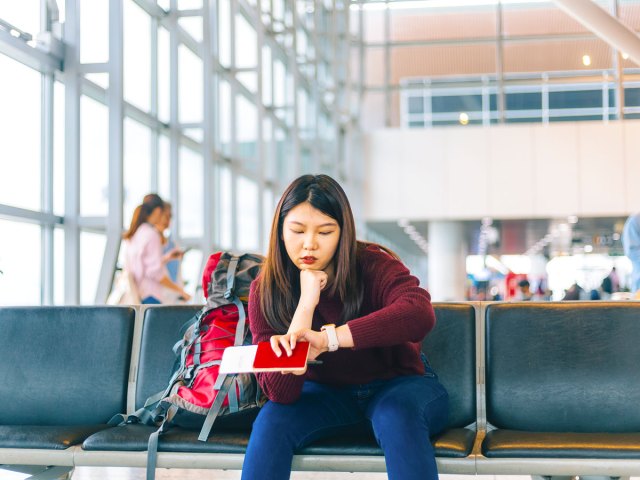
In 2024, the Biden-Harris administration proposed new legislation that gave U.S. passengers impacted by delays the right to compensation. However, this proposed ruling has since been rolled back. While individual airlines have their own procedures and policies regarding delayed flights, there remains no federal requirement to offer compensation or assistance, and the DOT stresses that schedules aren’t guaranteed.
So, what can you expect if your flight is delayed? The DOT has put together a helpful delay and cancellation dashboard, which clearly lays out the commitments the 10 major U.S. airlines make for “controllable delays.” These types of delays are deemed within an airline’s control, such as crew scheduling issues or cabin cleaning delays, versus uncontrollable events such as weather or air traffic control staffing shortages. The airlines listed on the dashboard are Alaska, Allegiant, American, Delta, Frontier, Hawaiian, JetBlue, Southwest, Spirit, and United.
Domestic Flights
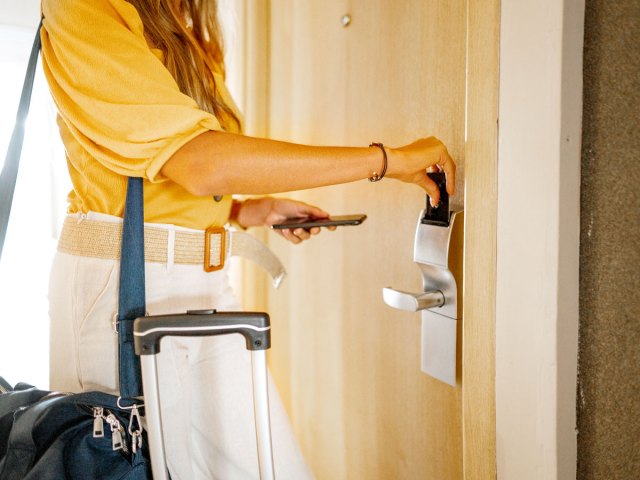
In the event of a controllable delay, all 10 major U.S. airlines will endeavor to rebook affected passengers on one of their later flights at no additional cost. Six airlines (Alaska, American, Delta, Hawaiian, JetBlue, and United) will also look for availability on alternative airlines (at no extra cost), which may help you get to your destination sooner.
If the delay lasts more than three hours, every major U.S. airline will also provide something to eat or give out a meal voucher that can be used in the airport. Nine of the ten (Frontier being the lone exception) will try to arrange complimentary overnight accommodation once they know the flight won’t depart until the following day — and provide the ground transportation to get you there free of charge.
It’s worth noting that, according to the DOT, none of these airlines offers financial compensation to passengers experiencing a delay of three hours or more. Four of them — Alaska, Hawaiian, JetBlue, and Southwest — promise credit or a travel voucher to passengers who are delayed three or more hours from their scheduled departure time.
However, thanks to new rules implemented in 2024, even if passengers won’t get any additional compensation on top of the price they paid for their ticket, all passengers are entitled to a refund should they wish. This applies if their flight is delayed by three or more hours, regardless if the reason for the delay was within the airline’s control or not.
International Flights

The U.S. is a member of the International Civil Aviation Organization (ICAO), and as a result, is a signatory to the Montreal Convention. This agreement, made in 1999, gives passengers certain rights when traveling internationally by air to and from any countries that are signatories of the treaty. One aspect of it, Article 19, governs delays. Put simply, you may be eligible for financial compensation unless the airline can prove that it “took all measures that could reasonably be required… or that it was impossible for it or them to take such measures.”
However, the Montreal Convention doesn’t specify a particular compensation amount airlines must pay. Instead, passengers have to prove financial loss or out-of-pocket expenses resulting from the delay (such as being required to pay for an extra hotel night), and there is a cap for delays of about $6,200.
Flights To and From Europe
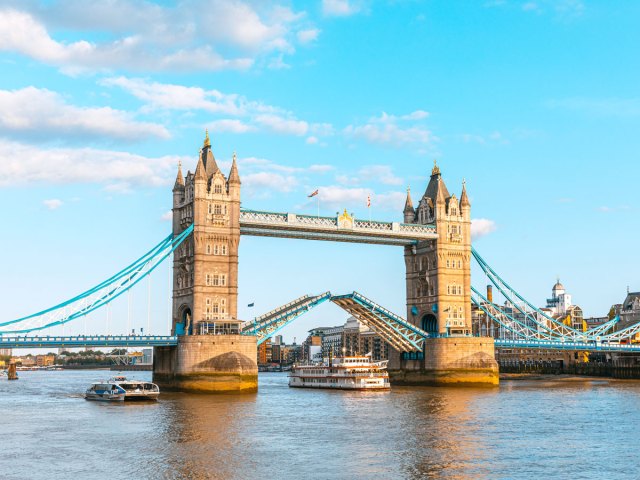
If you fly to one of the 27 EU countries on an EU airline, or from an EU country to anywhere on any airline, the path to compensation becomes more clear.
If your flight is delayed for more than three hours, as defined by the arrival time at your destination, you are due compensation if the delay is deemed within the carrier’s control. This may be a factor in your choice of airline if traveling on transatlantic routes.
The amount of compensation varies and is determined by the distance you’re flying. This is set at €250 (about $290 USD) for up to 1,500 kilometers (932 miles), €400 (about $470) for journeys of between 1,500 and 3,500 kilometers, and €600 (about $705) for long-haul flights of greater than 3,500 kilometers (2,175 miles). These amounts do not apply in the event a delay is deemed due to extraordinary circumstances such as bad weather.
For these purposes, the EU encompasses its 27 member states, plus Iceland, Norway, and Switzerland. This geographical region also includes dependent territories, including Guadeloupe, French Guiana, Martinique, Mayotte, Réunion, Saint Barthélemy, Saint-Martin (French Antilles), the Azores, Madeira, and the Canary Islands. The U.K. operates its own scheme with broadly similar benefits for eligible delayed passengers.
How To Minimize the Impact of Flight Delays
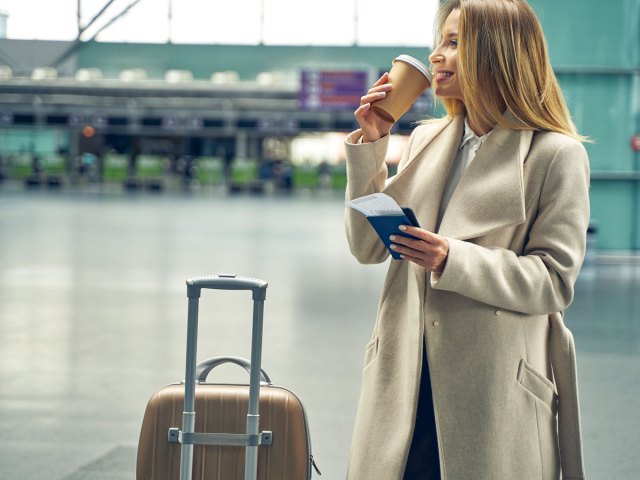
Whether you are owed compensation or some other form of assistance, at the end of the day most travelers simply want to get to their destination as quickly as possible. If there’s a choice of departure times, flying in the morning is often a wise choice — flights are less likely to be delayed due to late inbound arrivals, and that will most likely leave you with more rebooking options than if you plan to depart later in the day.
Opting to fly direct where possible minimizes the risk of one of your flights affecting another. If you can’t avoid a connection, give yourself plenty of time between each leg and factor in the time it might take you to transfer between gates, particularly if you’re connecting at a major airport or between domestic and international flights.
At certain times of year, some airports might be more prone to delays than others. Weather is often to blame — for example, storms hit Florida in late summer and early fall, and snow affects places farther north during the winter. Should you have a choice, it may be pertinent to weigh the risk of such adverse conditions and the probability of delays before settling on your route.
More from our network
Daily Passport is part of Inbox Studio, an email-first media company. *Indicates a third-party property.
















